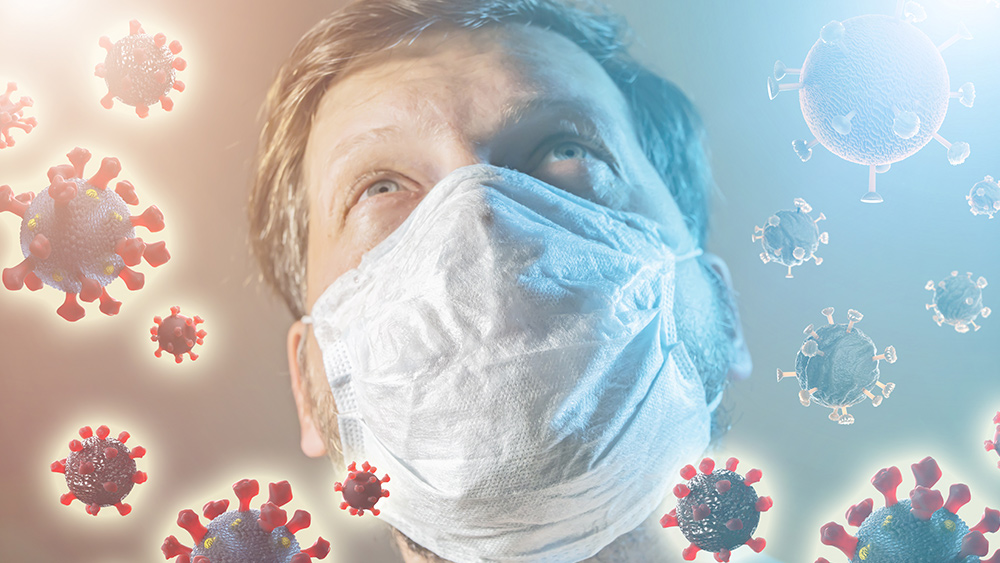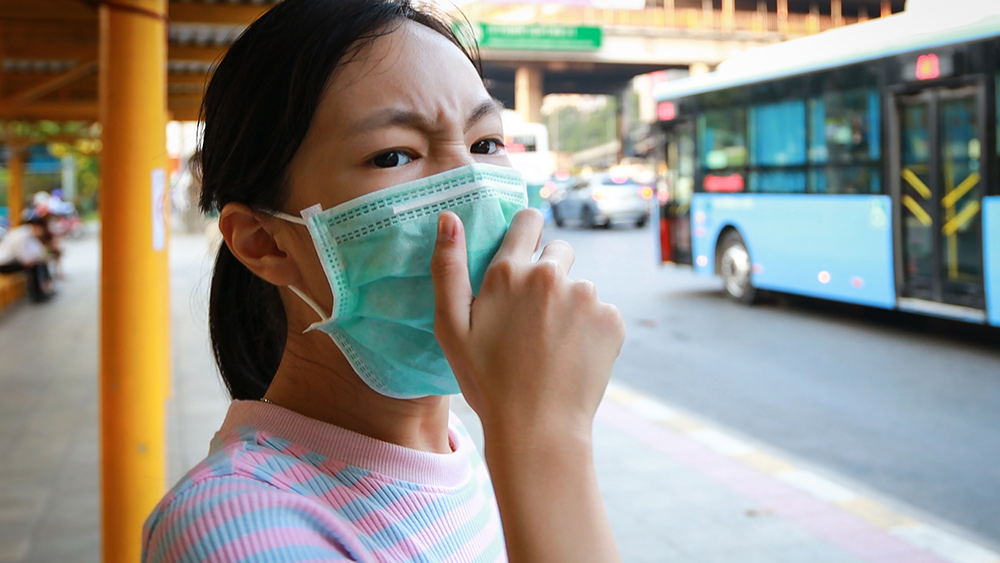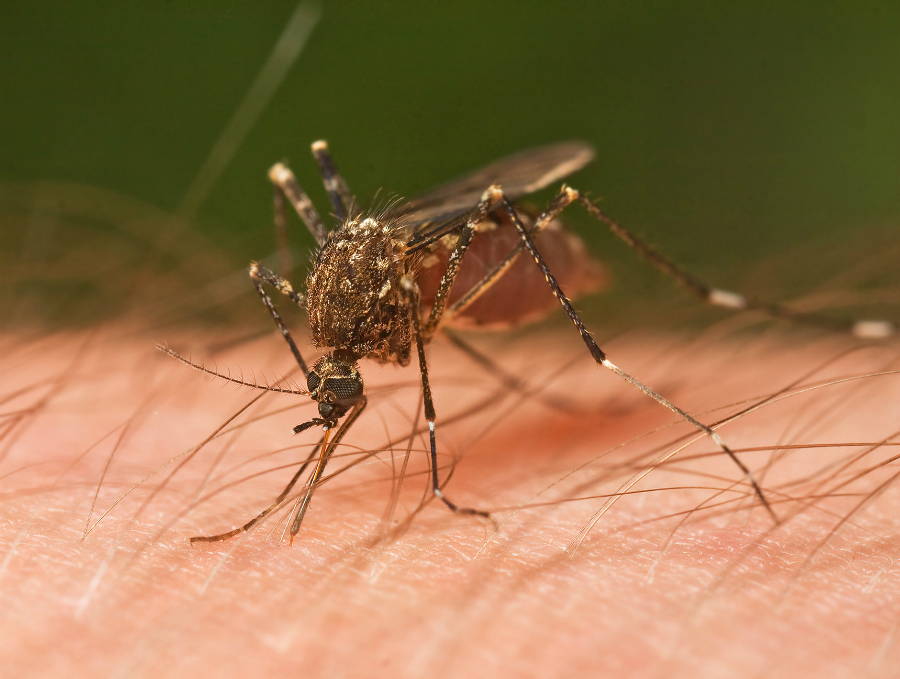Go loco for local produce: Eat local foods to regulate blood pressure and reduce diabetes risk
08/25/2020 / By Divina Ramirez

The sheer number of diets and food trends in recent times can seem intimidating to people just looking to take their first step to proper diet and nutrition.
But scientists are starting to think that maintaining good health depends not on adopting strict diets and eating regimens but on limiting one’s intake of foods containing chemicals and artificial ingredients or additives.
In a recent pilot trial, researchers from the University of Turin in Italy and the Graduate Institute of International and Development Studies (IHEID) in Geneva found that the increased consumption of foods purchased from local producers led to reductions in major risk factors linked to non-communicable diseases (NCD) after just six months.
Their findings had been published in the journal Diabetes & Metabolism.
Neither fat nor sugar
In their article, the researchers noted that the consumption of ultra-processed foods (UPFs) has been studied for its influence on the risk of NCDs like diabetes and heart disease.
UPFs include food products like packaged bread, biscuits and pre-prepared pasta dishes. Compared to their fresh or homemade counterparts, these foods tend to contain higher amounts of fat, sugar and sodium.
But as the researchers pointed out, scientists often fail to look into the additives that are added to these food products as part of industrial food production norms. Plus, studies on nutrition and disease risk often focus on the impact of single nutrients like fats or sugars on health, not on additives in UPFs.
The researchers speculated that these additives may be influencing disease risk, not just nutrients like fat and sugar. (Related: Phosphates are common food additives that could be making you tired and lazy.)
Local producers are safer sources of food
To test their hypothesis, the researchers gathered 159 healthy participants in Italy. Rather than asking them to cut back on processed foods, such as cheese, sausage, pasta, pastries, biscuits and chocolate, the researchers asked half of the participants to source these foods from local producers. The other half were asked to purchase them from supermarkets.
The team brought in a food production expert to ensure that those in the local food group ate foods that had no additives at all and that the production of the foods themselves had been local. The team also asked both groups to adopt a Mediterranean diet and to log their food intake.
Prior to and after the trial, the team collected anthropometric data, including blood pressure and abdominal fat. The team also used a questionnaire to assess for depression, a mood disorder that is often linked to NCDs.
Furthermore, the researchers collected the participants’ blood samples to assess markers of diabetes, like fasting blood glucose, insulin and C-peptide and calculated their homeostasis model assessment (HOMA) scores. Getting a high score on this index indicates that cells are resistant to insulin, the hormone that controls blood glucose.
Six months later, the team found that participants in the local food group had more significant reductions in their HOMA scores and fasting blood glucose than those in the supermarket food group.
Those in the local food group also had greater reductions in their abdominal fat and systolic blood pressure than participants in the supermarket food group. The same could be said for the depression scores of both groups.
On the other hand, those in the supermarket food group exhibited significant increases in their fasting blood glucose, diastolic blood pressure and C-peptide levels. Taken together, these factors indicate insulin resistance and a greater risk of both diabetes and heart disease.
These findings support the idea that artificial ingredients in UPFs influence their impact on health and disease risk. Based on these findings, the researchers concluded that the short-term consumption of foods sourced from local producers can lead to significant improvements in major risk factors for NCDs.
The researchers recommend that the trial be conducted again in the future to involve a larger cohort and a double-blind trial to validate the results.
Read more articles about the health risks and consequences linked to additives at StopEatingPoison.com.
Sources include:
Tagged Under: #nutrition, anti-diabetes, clean food, diet, food cures, food safety, foodismedicine, fresh foods, heart health, longevity, Mediterranean diet, natural cures, natural medicine, prevention, research



















